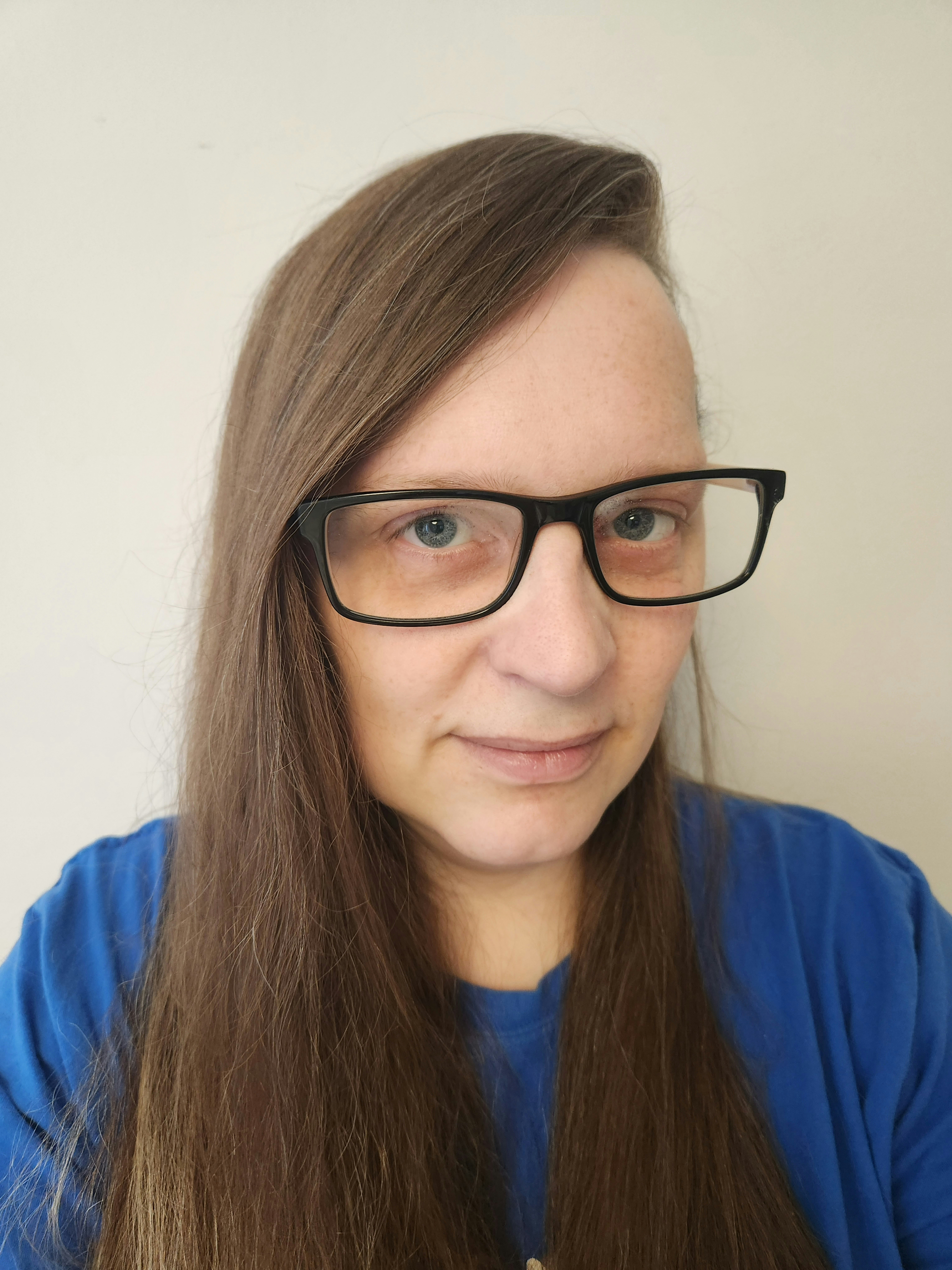About me
I obtained my B.Sc. Genetics at the University of Leeds, where I developed bioinformatic skills through my final year project, involving the reconstruction of the DNA damage repair pathway in Physcomitrella patens. This interest in bioinformatics led me to undertake a M.Sc. in Precision Medicine: Genomics & Analytics at the University of Leeds, where I developed skills in handling big data and analysing high-throughput sequencing datasets. I also took part in a three-month industry placement with GlaxoSmithKline for my M.Sc. final project, where I compared patient stratification methods used in FDA approved biomarkers by retraining existing machine learning-based algorithms on alternative diseases. During my masters, I also explored interests in RNA, specifically long non-coding RNAs and despite their name, their capacity for encoding non-canonical micro-peptides, leading me to an exciting PhD opportunity on understanding the function and evolution of neuronal micro-peptides.
My project
Long non-coding RNAs (lncRNAs), categorised as > 200nt in length, were long thought to lack the ability to encode proteins. The discovery of stable non-canonical lncRNA-derived micro-peptides, translated from small open reading frames (smORFs), provided an exciting and unexplored extension of the proteome. Furthermore, approximately 40% of all humanly expressed lncRNAs are found within the brain, consisting of precise spatiotemporal expression profiles, with a growing population of differentially expressed neuronal micro-peptides. Molecular function for many has yet to be determined, though those which are characterised have important roles, typically localising to membranes or mitochondria. Additionally, the identification of several de novo genes, evolving from ancestral non-genic DNA strands show evidence of smORF-containing lncRNAs transitioning to protein-coding mRNAs. Thus, providing an exciting basis to dissect the mechanisms of lncRNA-derived neural micro-peptides and their evolution, with the use of open reading frame discovery tools on several Ribo-Seq datasets, including additional dry- and wet-lab techniques to determine the subcellular localisation.
Connect
Twitter – https://twitter.com/RNAyley
LinkedIn – https://www.linkedin.com/in/eilidh-ward

